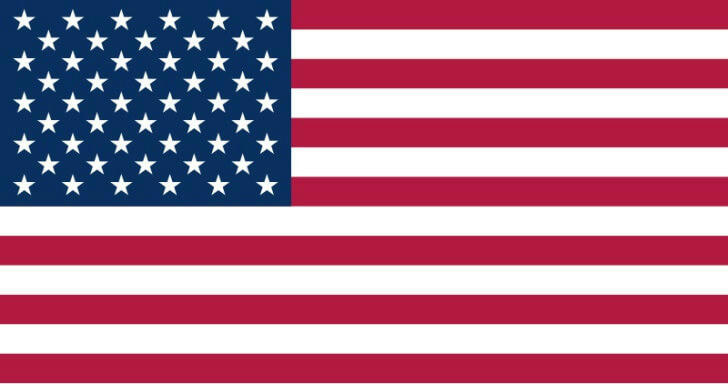Apply for Government-Funded Housing: Affordable Options for Low-Income Families
Finding stable and affordable housing can be a challenge—especially for seniors, individuals with disabilities, and low-income families. Fortunately, several government-funded housing programs are available to assist eligible households.
🏡 What Is Government-Assisted Housing?
Government-assisted housing refers to a range of programs designed to make rental housing more affordable for eligible individuals and families. These programs are funded and regulated by the U.S. Department of Housing and Urban Development (HUD) and implemented locally by Public Housing Agencies (PHAs).
Here’s a breakdown of the major types of housing support currently available:
| Program Name | Description |
|---|---|
| Public Housing | Government-owned and managed apartments or houses rented directly to eligible low-income individuals and families. |
| Section 8 Voucher (Housing Choice Voucher) | Provides rental subsidies for low-income households to lease homes in the private market. Tenants pay a portion of the rent, while the rest is covered by the government. |
| HUD Section 202 and 811 Properties for Elderly and Disabled Households | Specialized housing designed for seniors aged 62+ and individuals with disabilities. These properties often include accessibility features and on-site support services. |
| Project-Based Rental Assistance (PBRA) | Rental subsidies tied to specific housing developments. Tenants must live in designated buildings to receive assistance; moving would mean losing the subsidy. |
Each program has its own eligibility criteria, application process, and waitlist structure. Together, these programs assist millions of households in securing stable and affordable housing across the U.S.
📌 Real-Life Example: Mary’s Housing Journey
Mary, 67, lives in rural Indiana and relies on Social Security benefits totaling $1,200 per month. In her area, a one-bedroom apartment typically rents for $850 to $950 monthly, which consumed nearly all of her income.
She applied for a HUD Section 202 property through her local housing agency. After five months on the waiting list, she was offered a unit in a senior housing building. Under the program, her rent was adjusted to 30% of her income—just $360 per month—making it possible for her to live independently without financial strain.
👥 Who Is Eligible?
Eligibility for Applying for Government-funded Housing depends on several factors:
| Requirement | Details |
|---|---|
| Income Level | Must generally be at or below 50–80% of the Area Median Income (AMI). |
| Citizenship | At least one household member must be a U.S. citizen or eligible immigrant. |
| Background Check | Includes rental history, credit, and in some cases, criminal background. |
| Special Needs | For Section 202/811 housing, proof of age (62+) or disability is required. |
Each program has specific qualifications, and some prioritize households with urgent needs or vulnerable members.
🖥️ Housing Application Process
The easiest way is to apply for housing through your local Public Housing Authority (PHA) website. While each location has its own system, the application process generally includes:
- Creating an account with your personal and household information.
- Uploading documentation, such as ID, proof of income, and information about disabilities or age (if applicable).
- Selecting housing preferences, including location, size, and program type.
⚠️ Submitting a Housing Application does not guarantee housing. Many applicants are placed on waiting lists. Responding promptly to agency communications is important to keep your application active.
💡 Why Apply for Government-Funded Public Housing?
- Significantly Lower Housing Costs: Rent is capped at 30%-50% of income (adjusted by region). For example, a family earning $25,000 a year pays only $625 per month, while market-rate housing costs over $1,041.
- Break the Cycle of Instability: Tenants can reside long-term if they comply with lease agreements, reducing disruptions.
- Priority for Vulnerable Groups: Seniors, veterans, and individuals with disabilities may receive faster approvals.
- Access to Additional Support Services: Programs may offer job training, home-buying guidance, and healthcare assistance.
- Escape Substandard Living Conditions: HUD enforces safety standards, protecting residents from issues like mold or poor heating.
- Flexible Income Review: Increased income doesn't always result in disqualification, offering more stability over time.
📎 Tips for Applying for Government-Funded Housing
- Gather documents early – Helps speed up application processing.
- Apply to multiple programs – Improves your chances of securing housing.
- Stay in contact – Missing responses may result in removal from the waitlist.
- Be honest and complete – Errors or missing info can lead to disqualification.
✅ Final Thoughts
Don’t let high costs stand in your way. Public housing programs exist to help individuals thrive, not just survive. If you or someone you know is facing housing insecurity, don’t hesitate to explore these resources.
By advocating for expanded funding and community awareness, it is possible to ensure that every American has access to the safety and opportunities that affordable housing provides. Affordable housing is a right, not a privilege. Take the first step toward stability today!

